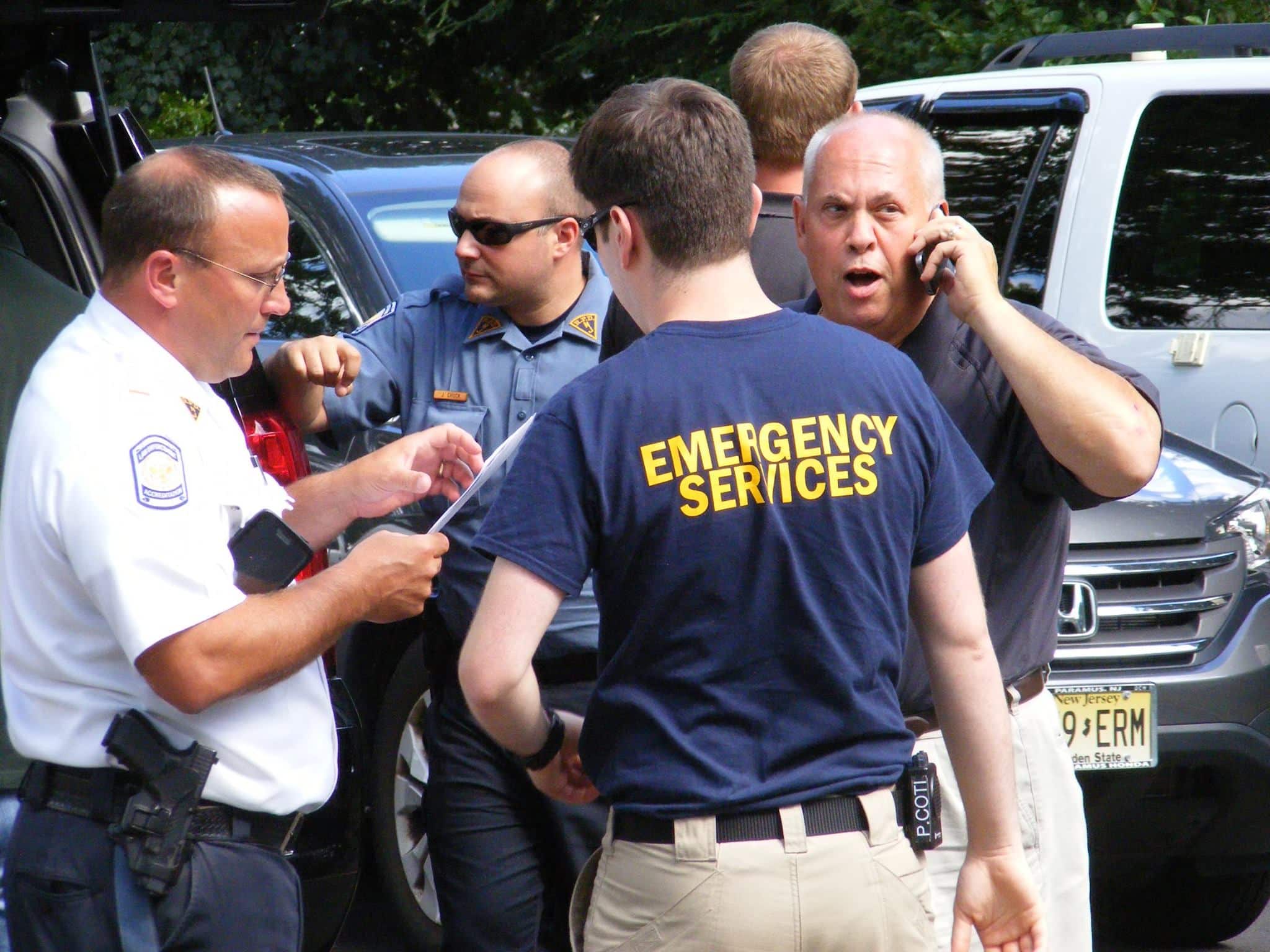
Ridgewood Police Alzheimer’s patient was found
September 24,2016
the staff of the Ridgewood blog
Ridgewood NJ, Yesterday marked Alzheimer’s Action Day and with September being World Alzheimer’s Month, it comes as no surprise that millions of people are joining together in the global fight to raise awareness and end stigma surrounding the disease. With Alzheimer’s being the 6th leading cause of death in the United States and 5.4 million Americans currently battling the disease, volunteers and advocates alike are tirelessly pushing for the critical medical support, research, and developments needed to prevent and cure Alzheimer’s. One company working towards achieving these much-needed neurological breakthroughs is Posit Science with its flagship brain-training program BrainHQ.
Created by world-renowned scientist, Dr. Michael Merzenich – a UCSF professor emeritus in neurophysiology, member of the National Academy of Sciences, co-inventor of the cochlear implant, and Kavli Prize laureate – and an international team of top neuroscientists, Posit Science’s plasticity-based software is being used to treat people with a multitude of severe neurological disorders, mental illnesses, and brain injuries, changing the way we think about medicine in the process. Dr. Merzenich is one of the few scientists who, in the past 30 years, has dedicated his life to transforming the field of neurology through disproving the conception that the brain is fixed and unmalleable. Cognitive impairments and neurological maladies – dementia, schizophrenia, strokes, autism, and traumatic brain injury – are commonly seen as untreatable, however, Dr. Merzenich’s comprehensive and long-term studies have proven otherwise.
In fact, just this summer, the Alzheimer’s Association highlighted a landmark study on cognitive training that used a brain-training exercise developed by Dr. Merzenich – the longitudinal study tracked older adults over 10 years and showed a 50% decrease in risk of dementia among those who used a particular type ofcognitive exercise that trains visual processing speed. The study additionally showed several other cognitive benefits of speed training, including improved cognitive function, better health and mood, more self-confidence, and even fewer car accidents. It’s worth noting that this is the very first time that any intervention – brain-training program, physical exercise, diet, or drug – has been shown to reduce the risk of dementia.
We’re transforming neuroscience-based software into medicine. Drugs are an extremely primitive method to treat the neurology. [With drugs] We’re manipulating machinery that is controlled by dozens of variables, by powerfully distorting one particular chemical. What we’re doing instead is replacing that chemical approach with strategies that actually correct the neurological underpinnings of these problems. And the only way is to have the brain correct itself. — Dr. Michael Merzenich
If you are interested in discussing the developments and breakthroughs being made in the fight against Alzheimer’s disease, the future of medicine, and how technology is creating new medical breakthroughs, please let me know – I would be happy to arrange an interview with Dr. Merzenich or provide you with written commentary and additional information.
Best,
Laura Viglione
More About Dr. Michael M. Merzenich (Full Bio Here)
Dr. Merzenich has published more than 150 articles in leading peer-reviewed journals (such as Science and Nature), received numerous awards and prizes (including the Russ Prize, Ipsen Prize, Zülch Prize, Thomas Alva Edison Patent Award and Purkinje Medal), and been granted nearly 100 patents for his work. He and his work have been highlighted in hundreds of books about the brain, learning, rehabilitation, and plasticity. Dr. Merzenich’s work is also often covered in the popular press, including the New York Times, the Wall Street Journal, Time, Wired, Forbes, Discover, and Newsweek. He has appeared extensively on television and is the scientific consultant for the Discovery Channel show “Hack My Brain.” His work has also been featured on four PBS specials: “The Brain Fitness Program,” “Brain Fitness 2: Sight and Sound,” “The New Science of Learning,” and “Brain Fitness Frontiers.”


